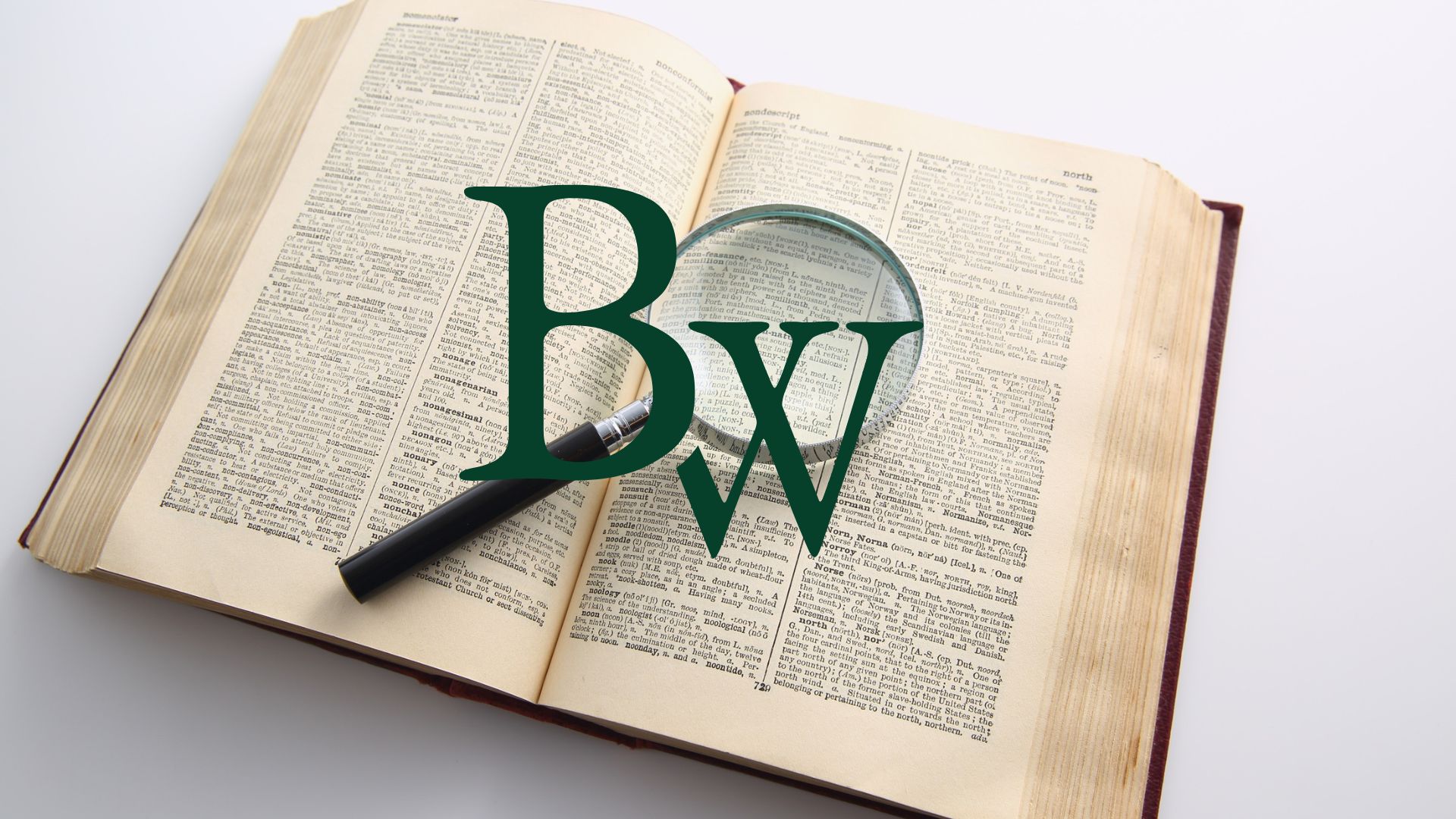Collateral
Definition:
Collateral is property or assets pledged by a borrower to secure a loan or other financial obligation. If the borrower fails to repay the debt, the lender has the legal right to seize and sell the collateral to recover the owed amount. Common types include real estate, vehicles, equipment, or investment accounts. Collateral reduces the lender’s risk and can help borrowers qualify for larger loans or better interest rates.

Collateral Information
Collateral plays a critical role in secured lending by providing a guarantee that the lender can recover losses if the borrower defaults. It creates a lien or security interest in the pledged asset, giving the lender priority rights over other creditors. Types of collateral vary depending on the loan — for example, mortgages use property, while car loans use vehicles as collateral. The value and condition of the asset are typically assessed before approval. Once the loan is repaid in full, the lien is released, restoring the borrower’s full ownership rights. Collateralized loans are essential for financing large purchases and business operations while managing financial risk.
Florida Legal Definition
Under Florida law, collateral is defined as property subject to a security interest under the Uniform Commercial Code (UCC), adopted in Chapter 679 of the Florida Statutes. Collateral may include both tangible property, such as goods or equipment, and intangible property, such as accounts receivable or contract rights. To perfect a lender’s security interest in collateral, the creditor must file a financing statement or take possession of the property as required by law. Florida statutes provide that properly perfected liens take priority over later claims or unsecured creditors. Collateral agreements in Florida must clearly describe the pledged property and the obligations it secures.
How It’s Used in Practice
In practice, collateral is used in nearly all types of secured lending, including mortgages, car loans, business financing, and personal loans. Borrowers agree to pledge specific assets in exchange for credit or favorable loan terms. In Florida, lenders often file UCC financing statements or record liens with the county clerk to protect their interest. If the borrower defaults, the lender can repossess or foreclose on the collateral, depending on its type. Businesses frequently use inventory, accounts receivable, or equipment as collateral to obtain working capital or commercial loans.
Key Takeaways
- Collateral is property pledged by a borrower to secure a loan or financial obligation.
- It reduces the lender’s risk and allows for better loan terms and higher borrowing limits.
- In Florida, collateral and security interests are governed by the Uniform Commercial Code (Chapter 679, Florida Statutes).
- Lenders must perfect their security interests to protect their legal claims against the collateral.
- Upon repayment, the lien on the collateral is released, restoring full ownership to the borrower.
Disclaimer: The information and opinions provided are for general educational, informational or entertainment purposes only and should not be construed as legal advice or a substitute for consultation with a qualified attorney. Any information that you read does not create an attorney–client relationship with Barnes Walker, Goethe, Perron & Shea, PLLC, or any of its attorneys. Because laws, regulations, and court interpretations may change over time, the definitions and explanations provided here may not reflect the most current legal standards. The application of law varies depending on your particular facts and jurisdiction. For advice regarding your specific situation, please contact one of our Florida attorneys for personalized guidance.
Visit our legal department pages:
Real Estate Attorneys
Business Attorneys
Litigation Attorneys
Estate Planning Attorneys
Inheritance Attorney
Probate & Trusts
Trust • Experience • Results
Ready to Get Started?
Get started with Barnes Walker today.








